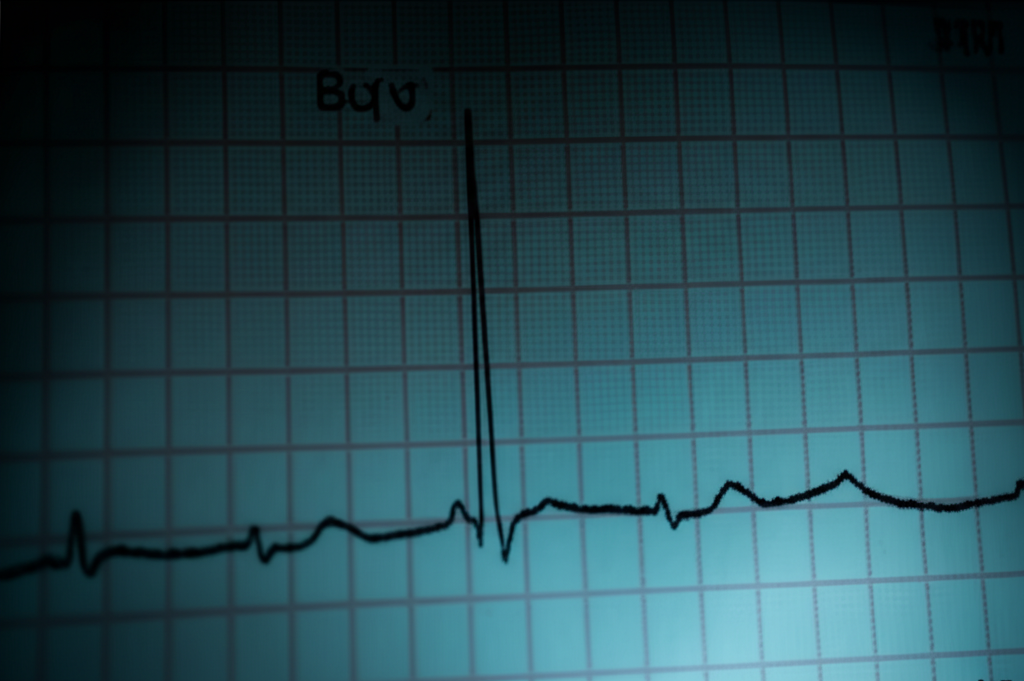
Engaging in regular physical activity is widely recognized for its numerous health benefits, including extending lifespan, delaying the onset of Alzheimer’s, and improving emotional well-being. However, recent scientific research suggests that certain types of exercise may pose higher risks than others, particularly endurance exercises like marathon running.
Studies focusing on marathon runners have revealed a potential link between long-distance running and adverse effects on heart health. These exercises, characterized by prolonged exertion with limited recovery periods, have raised concerns among researchers.
Specifically, studies have found that marathon running can lead to a temporary loss of function in the heart’s right ventricle, the chamber responsible for pumping blood. Additionally, the presence of heart muscle enzymes in the bloodstream following long-distance races suggests potential muscle damage. Furthermore, cardiac magnetic resonance imaging (MRI) has revealed the presence of myocardial scarring in a notable percentage of marathon runners.
While exercise generally reduces cardiovascular risk, studies indicate that marathon runners may face an elevated risk of cardiovascular problems compared to those engaging in other forms of exercise. This highlights the importance of considering the intensity and duration of exercise when evaluating its impact on heart health.

In contrast, short bursts of high-intensity exercise have demonstrated greater efficiency in promoting cardiovascular health without exhibiting the concerning indicators observed in endurance athletes.
A study conducted by Dr. La Gerche and colleagues in 2012, titled “Exercise-Induced Right Ventricular Dysfunction and Structural Remodeling in Endurance Athletes,” concluded that prolonged intense exercise can lead to acute dysfunction of the right ventricle.
Individuals who engage in endurance exercises like marathon running should consider consulting with a cardiologist to assess their heart health. Diagnostic tests such as enzyme measurements and cardiac MRI scans can help detect any potential damage. It’s essential to be aware of the potential risks associated with this type of exercise and make informed decisions to prioritize cardiovascular well-being.


